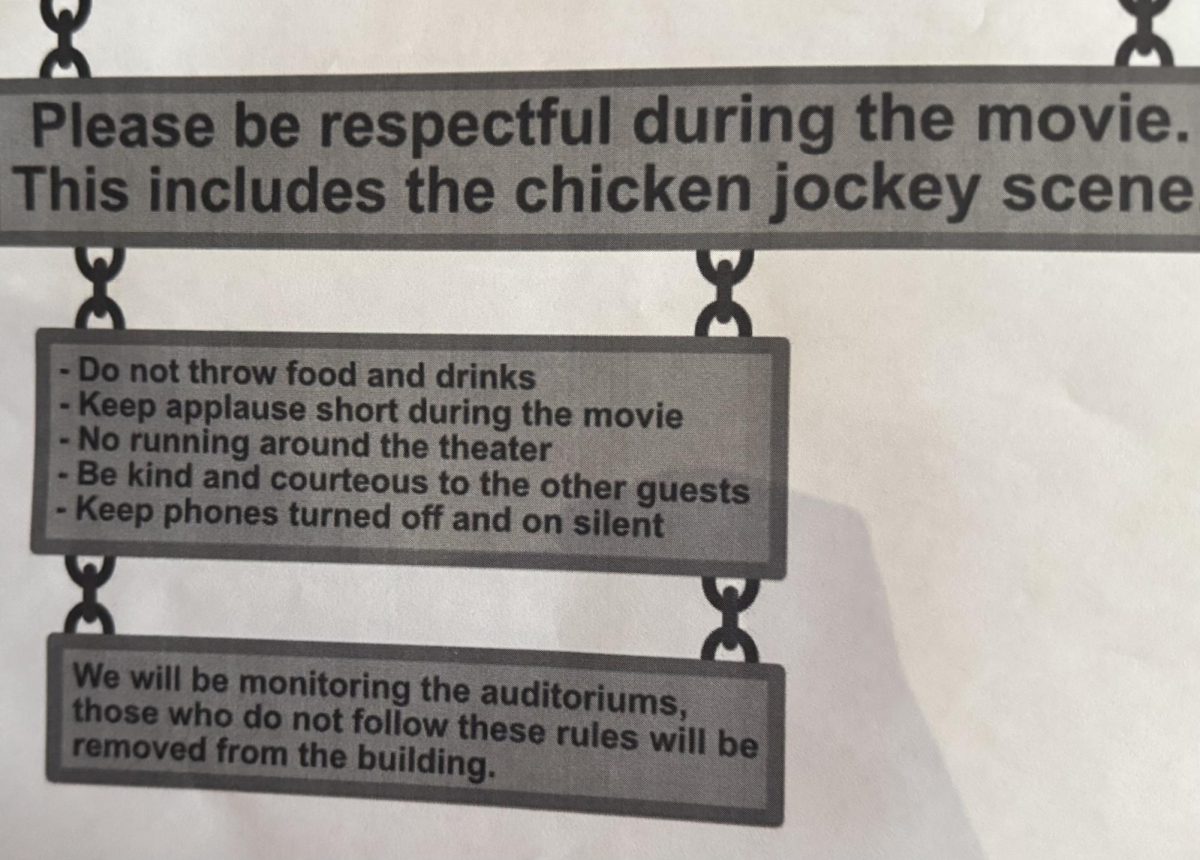One of history’s great ironies is that the powerful individuals who warn us about national or even global conspiracies are often operating conspiracies themselves.
So it is that over the weekend The Guardian and The New York Times reported the extent to which Steve Bannon led an effort to manipulate votes through secret Facebook data harvesting. Bannon, along with his friend Robert Mercer, hired a small firm called Cambridge Analytica to explore how psychological frameworks could be applied to neural networking across Facebook profiles for political gain. Cambridge Analytica then collected data from 30 million Facebook profiles without their knowledge or consent. And, in a stroke of what I’m sure was pure coincidence, there are loose ties to funding from the Russian government.
This news should concern any citizen who values democracy. While using big data to influence populations isn’t exactly revolutionary, it’s clear that we can’t allow the unregulated expanse of power inherent in big data to keep growing unchecked and unsupervised.
Using big data isn’t new in election campaigns, and it wasn’t a Republican invention. The 2016 Clinton campaign’s thorough integration of data into messaging and tactics was hailed as a modern wonder. Trump, on the other hand, was assailed for hiring Jared Kushner as his top data guru.
Following the election, Bernie Sanders and the DNC went to war over access to Bernie’s extensive contact list. And before that, Obama famously pioneered the use of data on campaigns in 2008 and 2012, going so far as to monitor what people recorded on their DVRs in order to figure out how to get their vote.
Conservatives have been quick to point out this last fact, arguing that the media response to the Cambridge Analytica story is yet another example of liberal bias. Obama was the first to vastly expand a secretive application of political power — importantly, a centralized political power — in pursuit of his agenda. Conservatives are simply walking through the door that he opened. To which I say: great, add it to the list right along with mass surveillance, drone warfare and executive orders. Obama doing it first doesn’t make it acceptable, and liberals were wrong to stay silent in that situation.
Another common response has been a discomfort with the invasion of privacy that data collection entails. While I respect that many feel uncomfortable with how much corporations and government entities know about them, the privacy argument didn’t gain all that much traction after the Snowden revelations, and I don’t expect it to now.
Furthermore, it’s difficult if not impossible to avoid creating and being part of this network of big data, as so many market transactions and facets of our social lives are now influenced by data. The business models of companies like Facebook, Amazon, Google, and others don’t work without collecting, aggregating, and analyzing user data. (For a particularly telling example of this, read up on Facebook’s Onavo app.) This means that in confronting the power of big data in the public sphere, there is no “just say no”.
The Cambridge Analytica story, in part thanks to the company’s rather despicable leader Alexander Nix, has generated acute concern about the power of big data to influence elections and social life in our society. Hopefully, the firm’s deception will ultimately result in an increased awareness and response to the dangers of concentrated and secretive data power.







Nicholas McLean • Sep 11, 2019 at 10:14 pm
hey there and thank you for your information – I’ve certainly picked up anything new from right here. I did however expertise a few technical issues using this website, since I experienced to reload the website a lot of times previous to I could get it to load correctly. I had been wondering if your web hosting is OK? Not that I am complaining, but sluggish loading instances times will very frequently affect your placement in google and could damage your high quality score if advertising and marketing with Adwords. Well I am adding this RSS to my email and could look out for much more of your respective intriguing content. Make sure you update this again soon..
Wendy Peters • Sep 10, 2019 at 3:52 pm
Downloading data from this site is as trouble-free |as clicking the mouse rather than other web sites which transfer me here and there on the web sites.
Jacob Russell • Sep 9, 2019 at 2:29 pm
I realized more interesting things on this losing weight issue. 1 issue is that good nutrition is very vital while dieting. A big reduction in junk food, sugary ingredients, fried foods, sweet foods, red meat, and whitened flour products could be necessary. Keeping wastes parasitic organisms, and toxins may prevent goals for losing weight. While specific drugs in the short term solve the problem, the bad side effects are usually not worth it, and so they never offer you more than a non permanent solution. It’s a known incontrovertible fact that 95 of fad diet plans fail. Thanks for sharing your thinking on this blog site.
Orlando Darbro • Jul 23, 2019 at 4:48 am
Mass parsite http://bit.ly/2W9CVkn
NITZAKHON • Mar 27, 2018 at 8:38 am
If Trump sought to influence voters, he’s not alone, and hasn’t been alone since elections began.
At least he didn’t accept illegal foreign contributions (Obama, and likely Clinton). Or commit overt vote fraud (Democrats since forever).